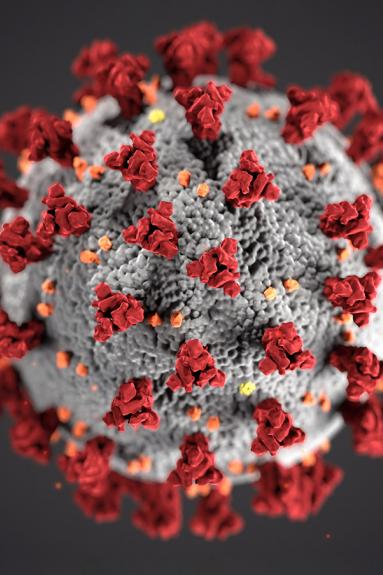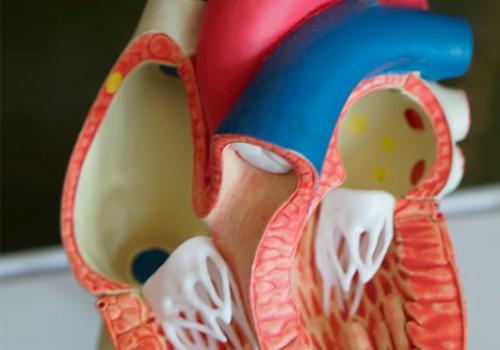
PhD inHealth Sciences

Presentation
Objectives
The PhD plays a key role in the overlap between the EHEA and the ERA, both of which are fundamental pillars of our knowledge-based society. Moreover, research is a very important part of higher education, in particular university higher education, as the change in the productive model towards a sustainable economy places PhDs as key actors in society to generate and transfer knowledge in an appropriate way.
Moreover, one of the great challenges of today's society is health and well-being. To this end, we need to develop and maintain high-quality health and care systems that are economically sustainable and whose developments and advances are based on proven scientific evidence.
The PhD Programme in Health Sciences has a multidisciplinary character, integrating Pharmacology and Human Nutrition with Food Science and Technology and Medicine, with the primary objective of training scientists who can provide results of direct application in society, in order to produce advances in the area of food and health, thus improving the quality of life of our population.
Core competences
CORE COMPETENCIES
- CB11 - Systematic understanding of a field of study and mastery of research skills and methods related to that field.
- CB12 - Ability to conceive, design or create, implement, and adopt a substantial research or creative process.
- CB13 - Ability to contribute to the expansion of the knowledge frontiers through original research.
- CB14 - Ability to critically analyse, evaluate, and synthesise new and complex ideas.
- CB15 - Ability to communicate with the academic and scientific community and with society in general regarding their fields of knowledge in the manners and languages commonly used in the international scientific community.
- CB16 - Ability to promote, in academic and professional contexts, scientific, technological, social, artistic, or cultural progress within a knowledge-based society.
PERSONAL SKILLS AND ABILITIES
- CA01 - Being able to perform effectively in contexts in which there is little specific information.
- CA02 - Identify the key questions that need to be answered in order to solve a complex problem.
- CA03 - Design, create, develop, and undertake novel and innovative projects in a particular field of knowledge.
- CA04 - Work both as part of a team as well as autonomously in an international or multidisciplinary context.
- CA05 - Integrate knowledge, deal with complex issues and make assessments based on limited information.
- CA06 - Intellectual critique and defence of solutions.
Other competences
- OC1 - No additional competences proposed The area of Health Sciences is an area of great professional activity, both in terms of healthcare and research and technology. For this reason, future PhD graduates of this doctoral programme have different opportunities:
- Postdoctoral research in the area of Health Sciences, whether or not linked to the world of food.
- University lecturer.
- Training focused on health professionals and researchers (Spanish acronyms: MIR, FIR, BIR, QUIR, PIR).
- Training aimed at the food industry.
Attention to diversity and disability
The Services of attention to diversity and to the special educative needs deriving from disability give information, advices and support to the students of UCAM and they give them the assistance and the resources adapted to their needs as university students.
PhD in Health Sciences
The doctoral programmes will include organised aspects of research training which will not require to follow the ECTS credit structure, and which will include both transversal and specific training in the field of each programme. Nonetheless, the essential activity of the doctoral student will be research.
Doctoral Student Portal
Shortcuts to resources, tools and services for UCAM PhD students.
Documentation
We want to help you start your research. This is why we provide you with all the help you need, from legislation to the different types of grants you can apply for to do your doctorate studies.

